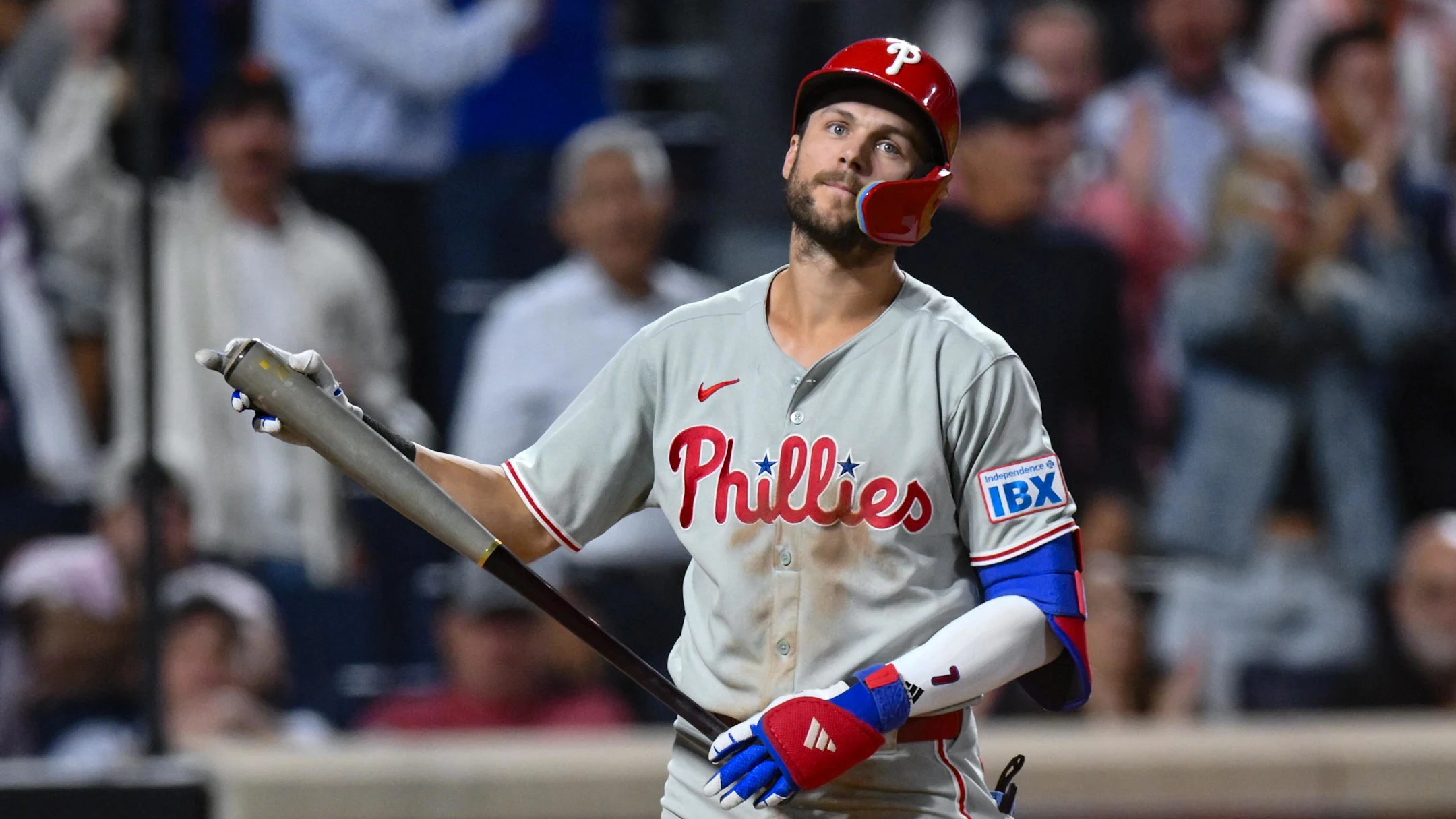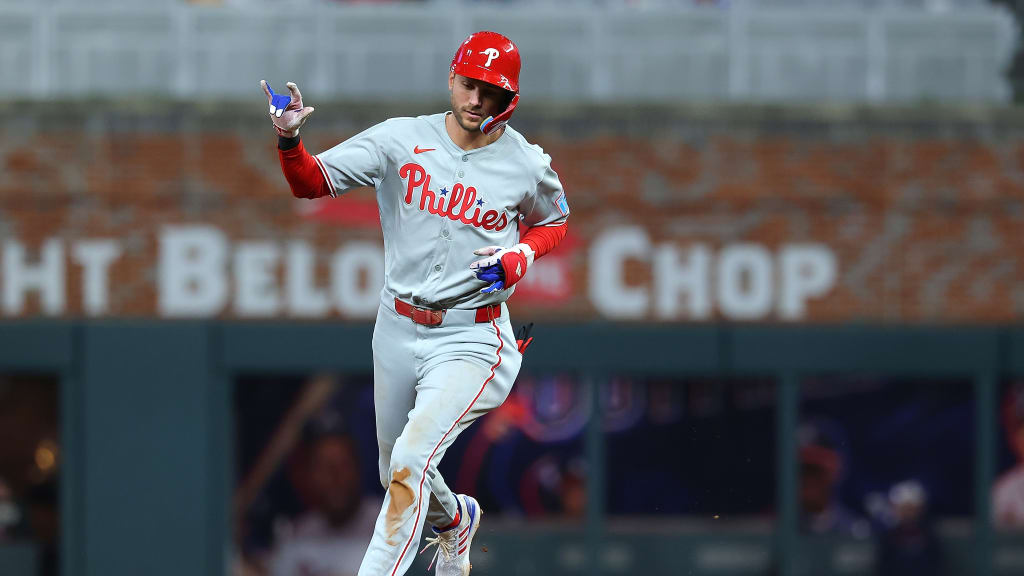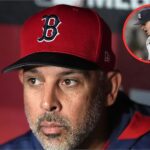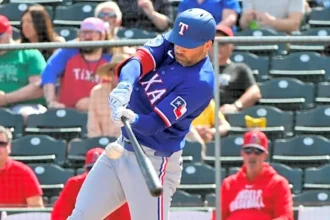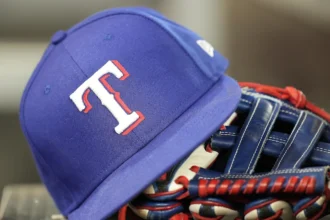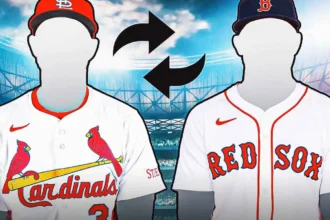Philadelphia Phillies shortstop Trea Turner suffered a Grade 1 hamstring strain on September 7 but managed to return for the final game of the regular season. He is still considered to be in the process of recovering as he prepares for the 2025 MLB playoffs.
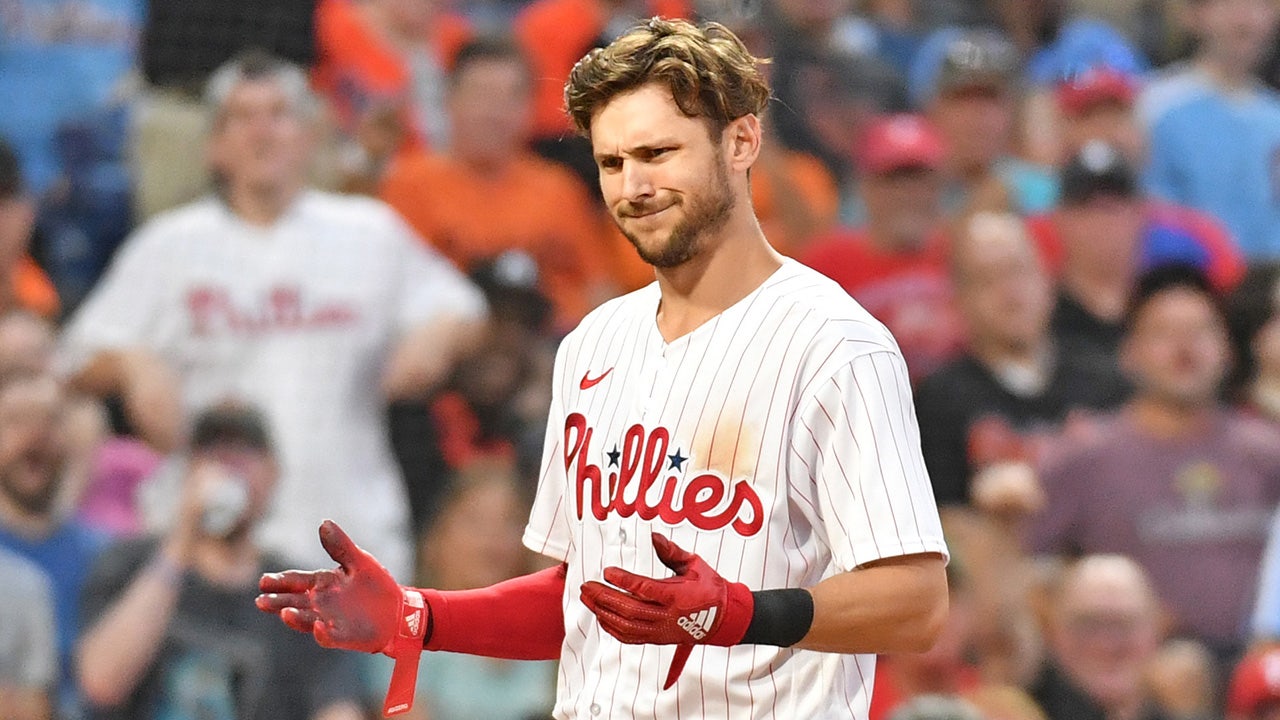
Dealing with a lingering hamstring injury heading into October presents a challenge for Turner, but he’s expected to push through. While few players enter the postseason fully healthy after a long, demanding season, Turner’s injury could potentially limit his effectiveness in the NLDS.
Trea Turner’s speed could be key to Phillies’ playoff success, if he’s fully healthy
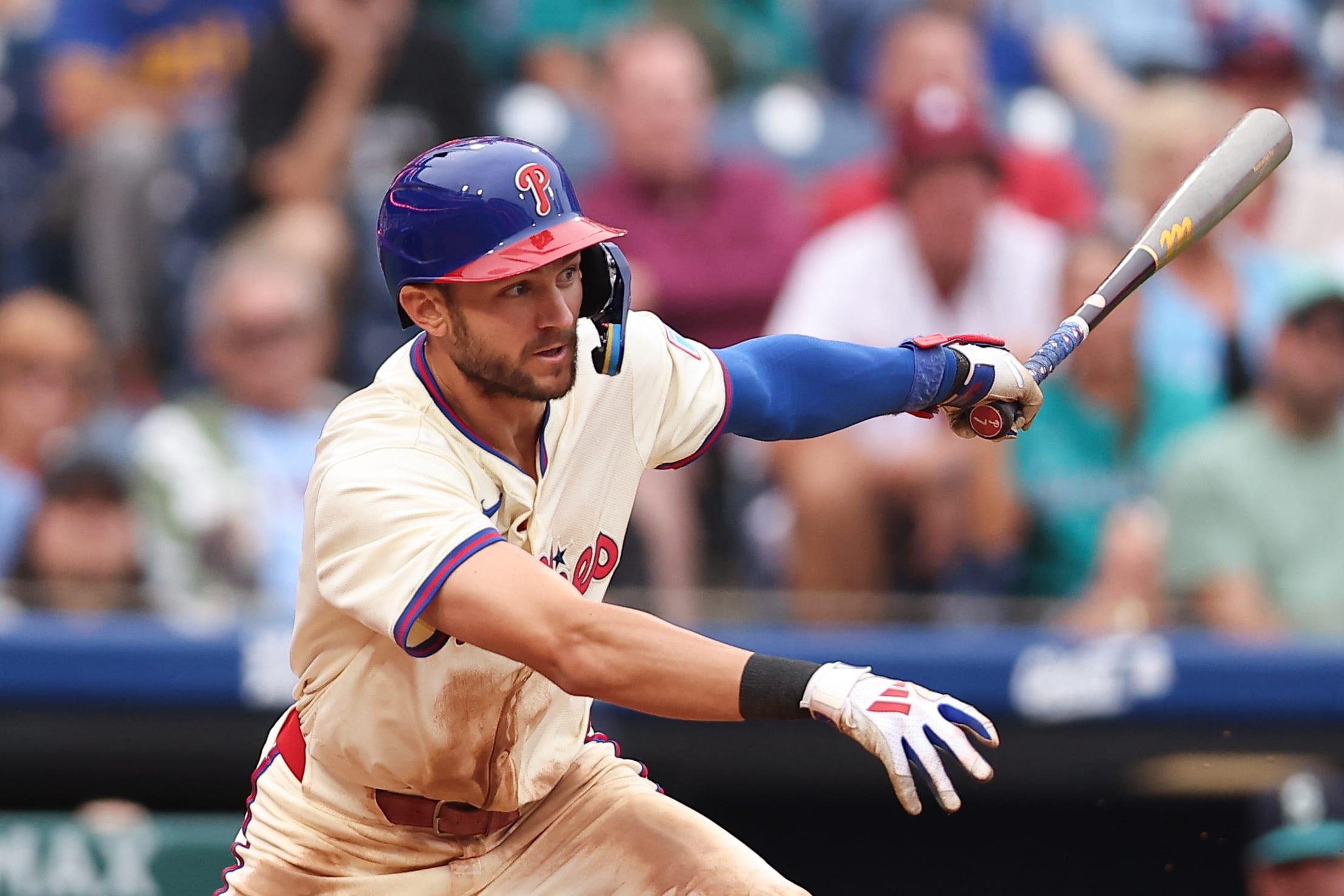
Trea Turner took some time to get back into full game shape in 2024 after suffering a Grade 2 hamstring strain, initially scaling back on his base-stealing before eventually returning to his trademark speed.
This season’s injury isn’t as severe, but the question remains: can Turner regain his full speed in time to impact the Phillies’ postseason? Fortunately, Philadelphia earned a first-round bye, giving Turner extra recovery time, but his readiness will be a major storyline leading up to Saturday.
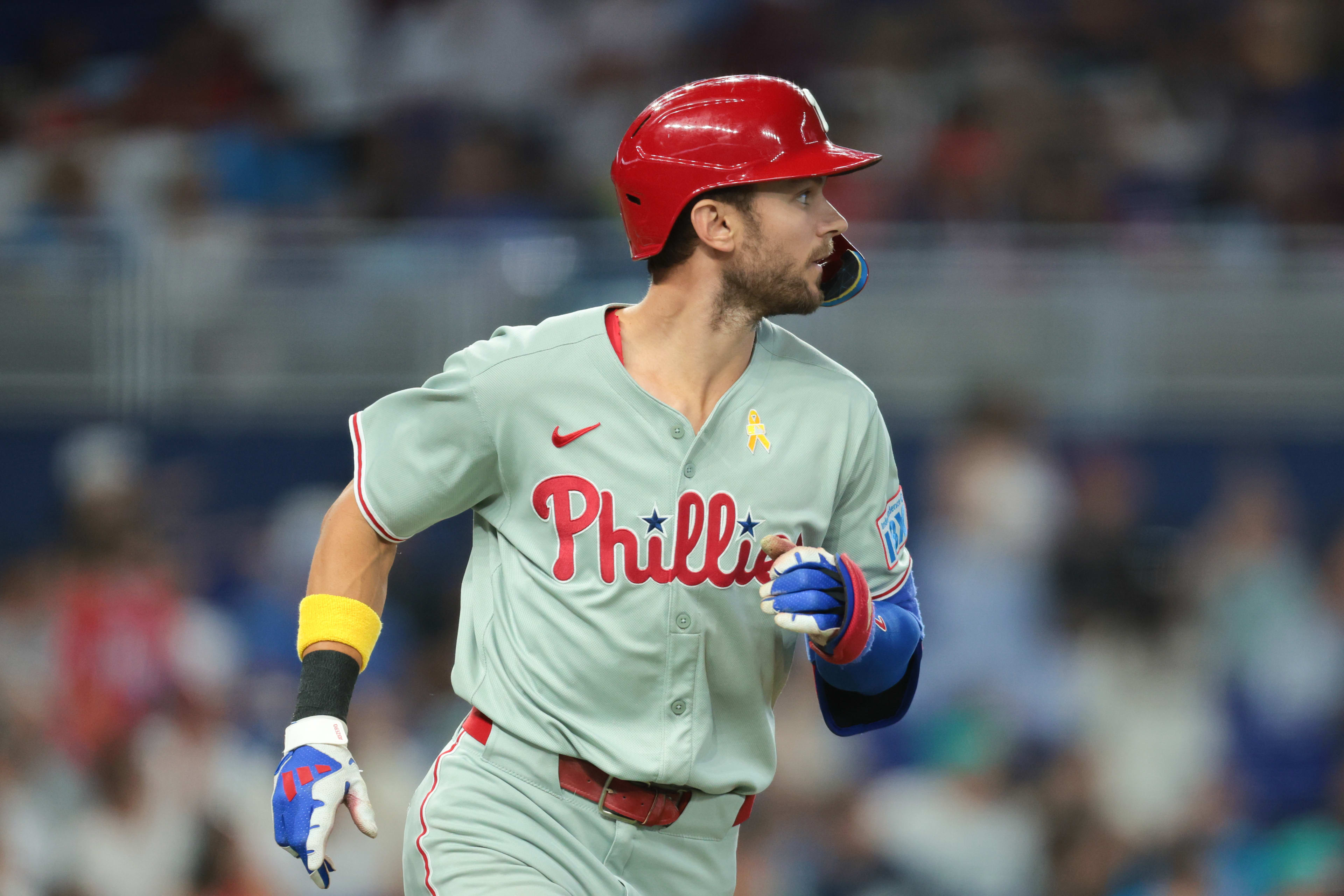
Turner won the NL batting title this year with a .304 average, but it was his speed that truly defined his 2025 campaign. Over 141 games, he posted 31 doubles, seven triples, and 36 stolen bases—his highest total since 2018. Statcast also ranked him as the fastest player in the majors. His ability to create havoc on the base paths makes him a legitimate MVP candidate.

The bigger concern is the risk of re-injury. While the Phillies want Turner to run freely and take advantage of his speed, losing him entirely would be catastrophic. In Sunday’s season finale, he approached his two at-bats cautiously, running gingerly on his groundouts to avoid aggravating the hamstring, according to MLB.com’s Paul Casella.
“I knew if I was going to hit a ground ball somewhere, I wasn’t going to do anything stupid,” Turner said. “[Sunday] was more about getting out there, just kind of feeling it again. More about seeing pitches and being on defense. I didn’t really get anything on defense, but the at-bats felt good. I knew if I hit something, I wasn’t going to be going crazy, like I could have.”

Phillies fans will have their eyes on Turner throughout the postseason. The team hopes he can ramp up quickly, and the chance at a World Series title could serve as motivation. There’s no guarantee he avoids further injury, but he and the training staff will have the clearest picture of his readiness.
Turner remains one of the game’s most dynamic offensive threats. Even at 32, he can change the momentum of a game with his speed and skill. While playing comes with risk, the potential rewards—for both Turner and the Phillies—could be monumental.
